The Importance of Energy Efficiency
In today’s rapidly evolving world, energy efficiency has become a crucial concern for individuals, businesses, and governments alike. As we strive to reduce our environmental impact and mitigate the effects of climate change, the need for efficient energy usage has never been more pressing. By embracing smart technology, we can unlock new opportunities to optimize our energy consumption and drive sustainable progress.
Introduction to Smart Technology
Smart technology refers to the integration of advanced digital systems and intelligent devices that can collect, analyze, and respond to data in real-time. These technologies have the potential to revolutionize the way we approach energy management, enabling us to make informed decisions and implement targeted strategies for improved efficiency.
Read Also:- @7_jgray
How Smart Technology Can Improve Energy Efficiency
Smart technology offers a wide range of benefits when it comes to enhancing energy efficiency. By providing detailed insights into energy usage patterns, smart systems can help us identify areas for improvement and implement targeted solutions. From automated control systems to predictive analytics, these tools empower us to make more informed decisions and optimize our energy consumption.
Tools for Energy Monitoring and Management
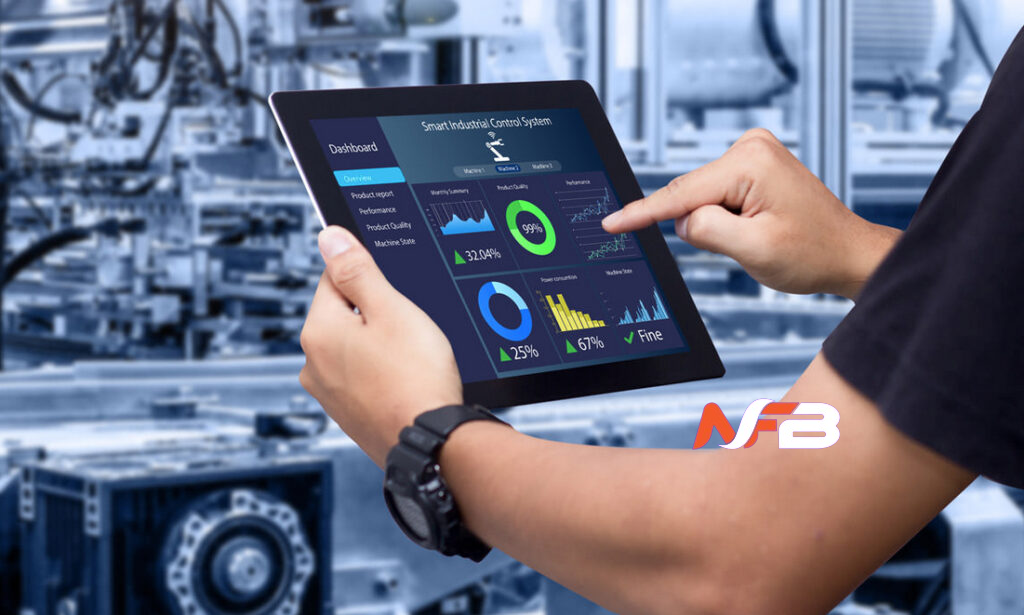
1. Smart Meters: These advanced meters track energy usage in real-time, providing detailed data on consumption patterns and enabling users to make informed decisions about their energy usage.
2. Energy Management Platforms: Comprehensive software solutions that integrate various data sources, analyze energy usage, and provide actionable insights to help organizations optimize their energy consumption.
3. Internet of Things (IoT) Devices: Connected devices, such as smart thermostats, lighting systems, and appliances, can communicate with each other and a central control system to optimize energy usage based on occupancy, weather, and other factors.
4. Building Automation Systems: Sophisticated systems that integrate multiple building systems, including HVAC, lighting, and security, to automate and optimize energy usage throughout a facility.
Techniques for Optimizing Energy Usage with Smart Technology
1. Predictive Maintenance: Smart technology can analyze equipment performance data to predict when maintenance is required, allowing for proactive interventions that prevent breakdowns and optimize energy efficiency.
2. Demand Response: Smart systems can monitor and respond to fluctuations in energy demand, automatically adjusting energy usage to align with peak and off-peak periods, reducing overall energy consumption and costs.
3. Automated Controls: Intelligent control systems can automatically adjust lighting, HVAC, and other building systems based on occupancy, weather conditions, and other factors, ensuring optimal energy usage.
4. Energy Forecasting: Advanced analytics and machine learning algorithms can help organizations predict future energy demands and plan accordingly, enabling them to make more informed decisions about energy procurement and usage.
Case Studies: Successful Implementation of Smart Technology for Energy Efficiency
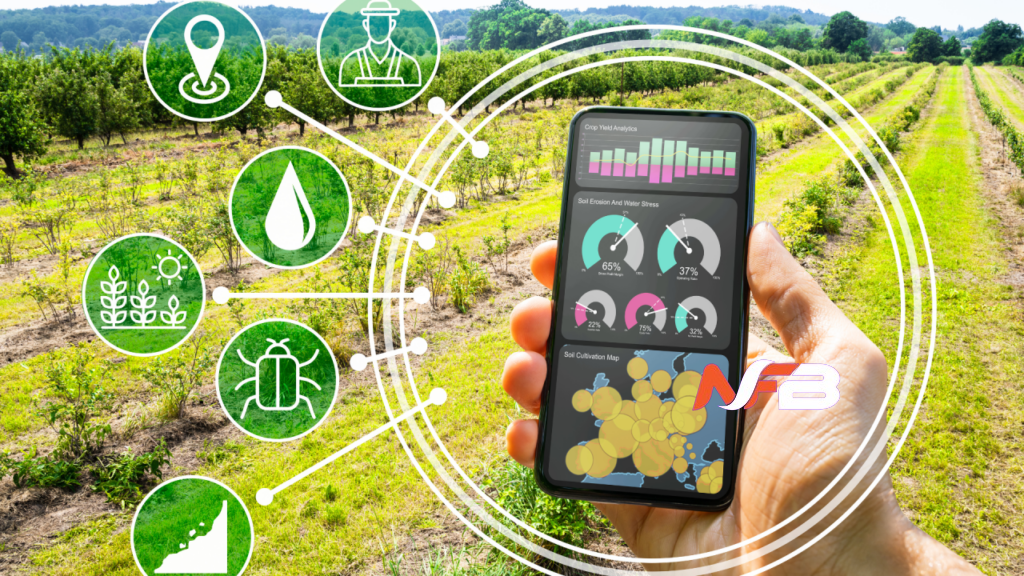
Case Study 1: Smart City Initiative in Singapore The Singapore government has implemented a comprehensive smart city initiative, which includes the deployment of smart meters, building automation systems, and IoT devices across the city. This has resulted in a significant reduction in energy consumption, with the city achieving a 15% decrease in overall energy usage.
Case Study 2: Energy-Efficient Campus at the University of California, Davis The University of California, Davis has implemented a range of smart technology solutions, including building automation systems, advanced metering infrastructure, and predictive maintenance algorithms. These efforts have led to a 25% reduction in energy consumption across the campus, resulting in substantial cost savings and a smaller environmental footprint.
The Future of Energy Efficiency and Smart Technology
As we look to the future, the integration of smart technology and energy efficiency will continue to evolve, offering even greater opportunities for optimization and sustainability. Emerging technologies, such as artificial intelligence, machine learning, and 5G connectivity, will further enhance our ability to monitor, analyze, and manage energy usage, paving the way for a more sustainable and efficient energy landscape.
Challenges and Considerations When Adopting Smart Technology for Energy Efficiency
While the benefits of smart technology for energy efficiency are clear, there are also challenges and considerations that organizations must address. These include data privacy and security concerns, the need for robust infrastructure and integration with existing systems, and the potential for high upfront costs. Careful planning and a comprehensive approach are essential to ensure the successful implementation of smart technology for energy efficiency.
“One challenge in adopting smart technology for energy efficiency is the need for continuous updates and maintenance. As technology rapidly evolves, keeping systems up-to-date with the latest software and security patches is crucial to maintain efficiency and protect against vulnerabilities. This requires a dedicated team to monitor and implement these updates, adding to operational costs and complexity”, says Bradley Fry, Owner of PinProsPlus
“There’s the issue of scalability. As organizations grow, their energy needs change, and ensuring that smart technology can scale effectively to meet these evolving demands without significant reinvestment or overhaul is a critical consideration. This requires choosing flexible and adaptable solutions from the outset, which can integrate seamlessly with existing infrastructure and accommodate future growth,” says Alex Taylor, Head of Marketing at CrownTV
“The challenge of user adoption and training. Implementing smart technology for energy efficiency isn’t just about installing new systems; it’s also about ensuring that employees are comfortable using these systems effectively. Overcoming resistance to change and providing comprehensive training programs are essential steps to ensure that the technology is used to its full potential for maximum energy savings,” states Robin Luo, Founder of ICRFQ
“One challenge lies in accurately measuring the effectiveness of smart technology in energy efficiency. Establishing clear metrics and having the right tools to monitor and analyze data can be complex. Without precise measurement, it’s difficult to justify the investment or identify areas for further improvement, making it hard to achieve optimal energy savings,” says Tim Guo, the Chief Marketing Officer at WELLPCB
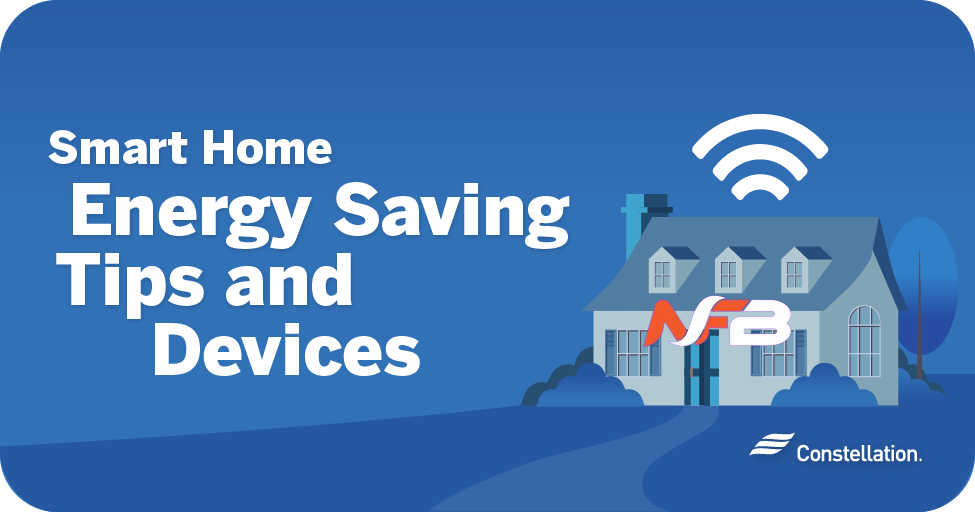
Tips for Implementing Smart Technology for Energy Efficiency
1. Conduct a thorough assessment: Evaluate your current energy usage, identify areas for improvement, and assess the compatibility of your existing systems with smart technology solutions.
2. Develop a comprehensive strategy: Create a detailed plan that outlines your energy efficiency goals, the specific smart technology solutions you will implement, and a timeline for deployment.
3. Invest in employee training: Ensure that your team is equipped with the knowledge and skills necessary to effectively utilize and maintain the smart technology solutions.
4. Embrace a data-driven approach: Leverage the wealth of data provided by smart technology to make informed decisions and continuously optimize your energy usage.
5. Collaborate with industry experts: Seek guidance from experienced professionals who can help you navigate the complexities of smart technology implementation and energy efficiency best practices.
Read Also:- Ztec100.com
Conclusion: Harnessing the Power of Smart Technology for Energy Efficiency
As we navigate the challenges of the 21st century, the integration of smart technology and energy efficiency has emerged as a powerful solution to address our environmental concerns and drive sustainable progress. By leveraging the capabilities of these advanced systems, we can unlock new opportunities for optimization, reduce our carbon footprint, and pave the way for a more sustainable future.
To learn more about how you can harness the power of smart technology for improved energy efficiency, schedule a consultation with our team of experts today. Together, we’ll develop a customized plan to help your organization achieve its sustainability goals and unlock the full potential of smart technology.

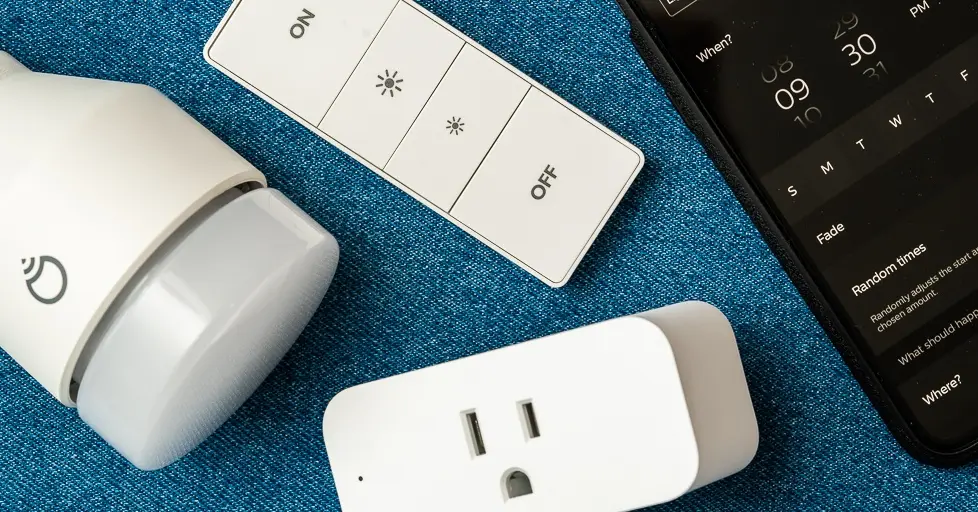
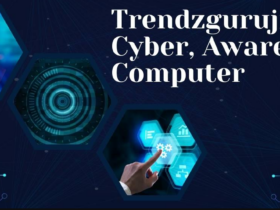






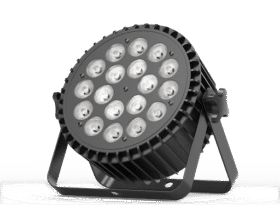

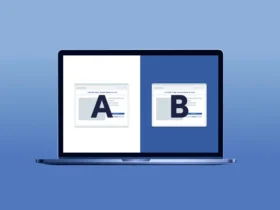
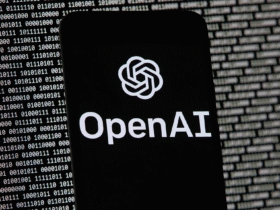

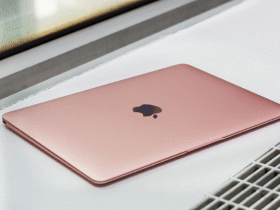
Leave a Reply